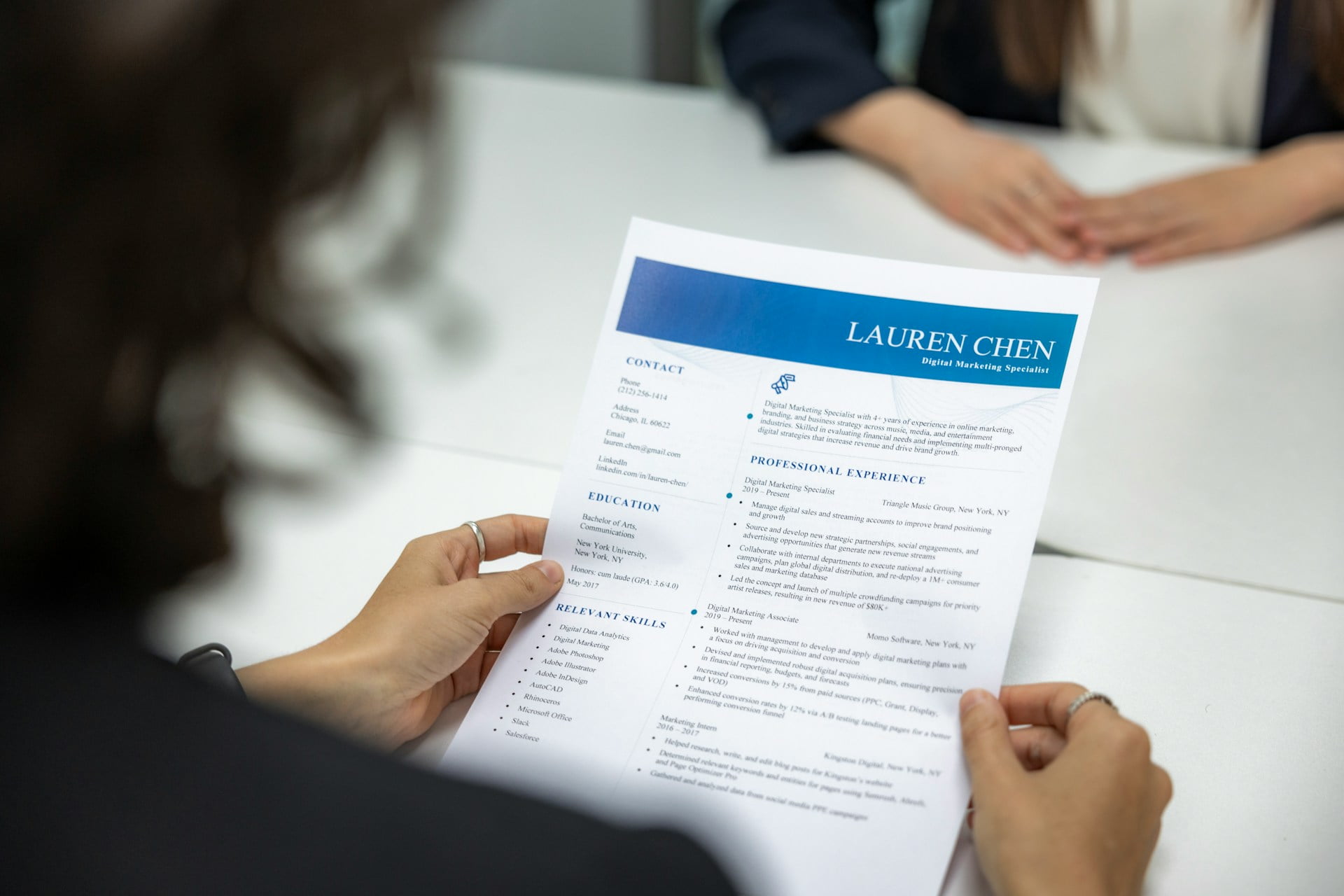Introduction
A well-crafted resume is essential for making a strong impression on potential employers. This article provides expert tips on resume writing to help you create a compelling document that showcases your qualifications and increases your chances of landing your desired job.
Understanding the Purpose of a Resume
First Impression
Your resume is often the first impression a potential employer has of you. It should be professional, concise, and tailored to the job.
Highlighting Skills and Experience
Effectively highlight your skills, experiences, and accomplishments to demonstrate your suitability for the role.
Securing an Interview
The ultimate goal of a resume is to secure an interview by piquing the employer’s interest in your qualifications.
Essential Components of a Resume
Contact Information
Include your full name, phone number, email address, and LinkedIn profile (if applicable) at the top of your resume.
Professional Summary
Write a brief professional summary that highlights your key qualifications and career goals.
Work Experience
List your work experience in reverse chronological order, including job titles, company names, dates of employment, and key responsibilities.
Education
Include your educational background, degrees obtained, institutions attended, and graduation dates.
Skills
Highlight relevant skills that match the job description, including technical, interpersonal, and soft skills.
Crafting a Professional Summary
Keep It Concise
A professional summary should be concise, typically 3-4 sentences, summarizing your key qualifications and career goals.
Tailor to the Job
Tailor your professional summary to align with the job you are applying for, emphasizing relevant experience and skills.
Showcase Achievements
Highlight your most notable achievements and how they relate to the job you are seeking.
Detailing Work Experience
Use Action Verbs
Start each bullet point with a strong action verb to convey your accomplishments and responsibilities effectively.
Quantify Achievements
Whenever possible, quantify your achievements with numbers, percentages, or specific results to provide concrete evidence of your impact.
Be Specific
Provide specific examples of your responsibilities and accomplishments to give a clear picture of your experience.
Highlighting Skills
Relevance
Include skills that are relevant to the job you are applying for, focusing on those mentioned in the job description.
Balance Hard and Soft Skills
Balance technical (hard) skills with interpersonal (soft) skills to present a well-rounded profile.
Certifications and Training
Include any relevant certifications or training that enhance your qualifications.
Formatting Tips
Consistent Layout
Use a consistent layout with clear headings, bullet points, and uniform font styles and sizes.
Keep It Simple
Avoid using overly complex designs or graphics. A simple, clean format is easier to read and looks professional.
Proofread
Carefully proofread your resume to eliminate any spelling or grammatical errors. Consider asking someone else to review it as well.
Conclusion
A strong resume is a crucial tool in your job search. By understanding its purpose, including essential components, and following expert tips, you can create a compelling resume that effectively showcases your qualifications and helps you stand out to potential employers.
FAQs
What is the ideal length for a resume?
The ideal length for a resume is typically one page for early career professionals and up to two pages for those with extensive experience.
Should I include a photo on my resume?
In most cases, it is not necessary to include a photo on your resume unless it is common practice in your industry or region.
How can I tailor my resume for different jobs?
Tailor your resume by customizing your professional summary, highlighting relevant skills, and emphasizing experience that matches the job description.
Is it important to include a cover letter with my resume?
Including a cover letter is often recommended as it allows you to further explain your qualifications and express your enthusiasm for the role.
What are some common mistakes to avoid in resume writing?
Common mistakes include typos, using an unprofessional email address, and including irrelevant or outdated information.
How often should I update my resume?
Update your resume regularly, especially when you acquire new skills, complete a project, or change jobs.
